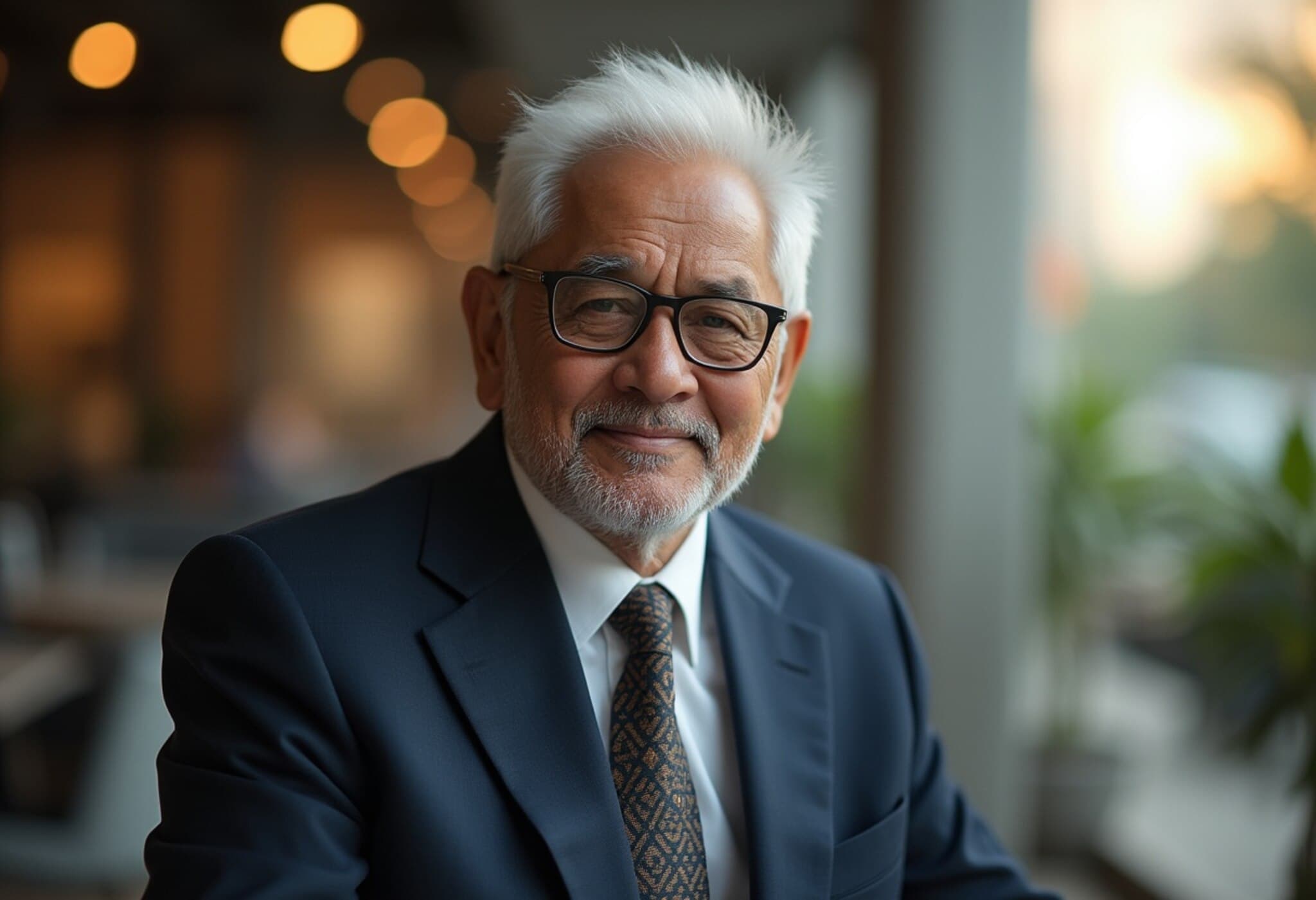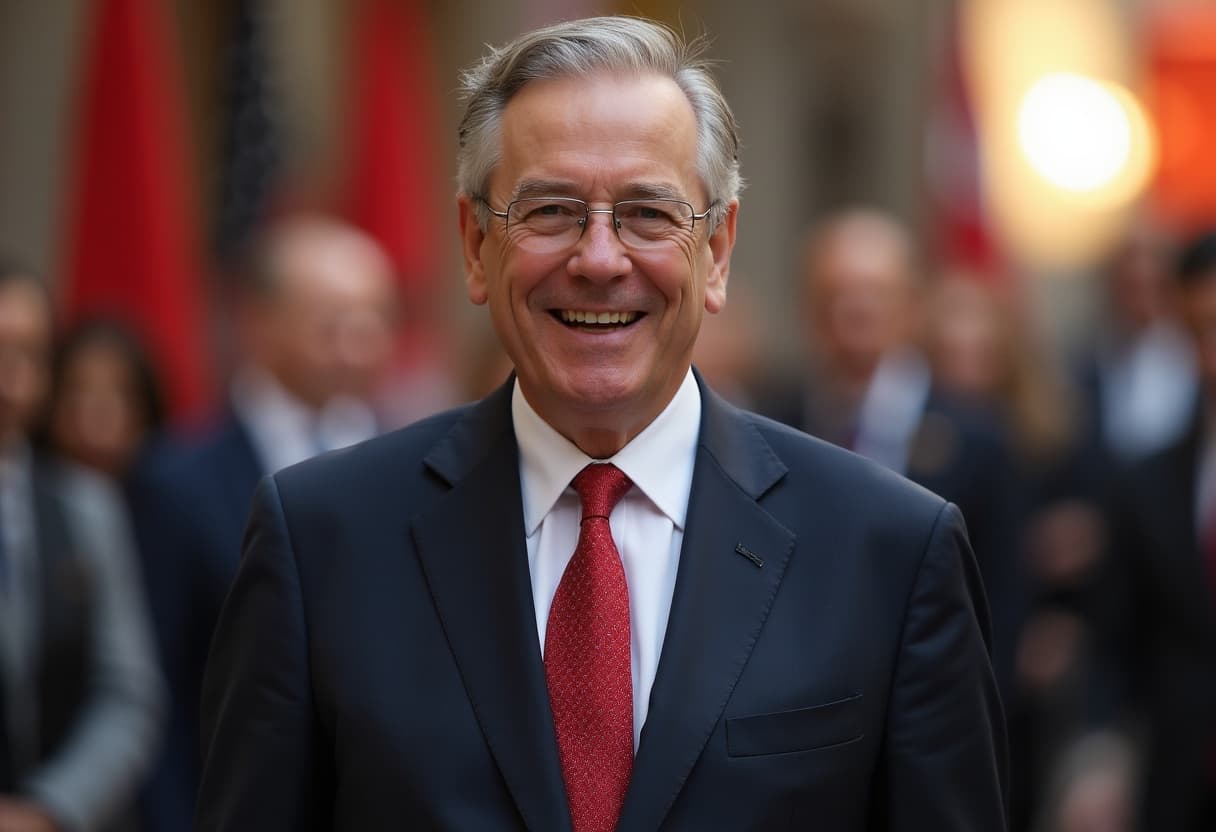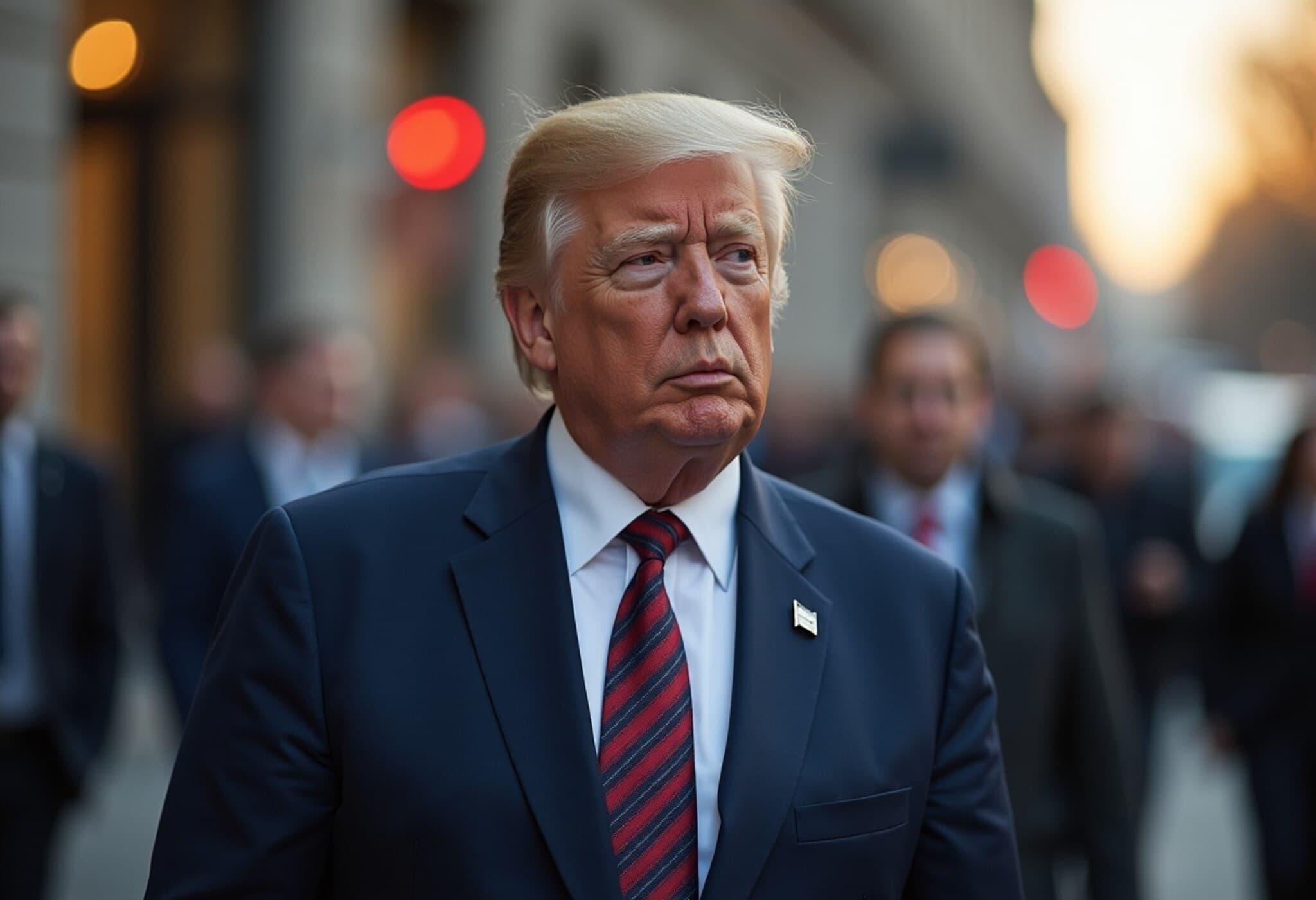Bangladesh Aims to Harness $5 Trillion Halal Market with Malaysia Partnership
In a strategic move to capture a share of the booming global halal economy, Bangladesh's Chief Adviser Muhammad Yunus has called for Malaysia’s support to establish a Halal Industrial Park. This initiative highlights Bangladesh's ambition to expand its footprint in the fast-growing halal products sector, currently valued at around $3 trillion and forecast to soar to $5 trillion by 2030.
A Global Halal Market on the Rise
During his visit to Kuala Lumpur, Yunus engaged with Malaysian government officials and industry leaders, recognizing Malaysia's pivotal role as a global halal market leader. Alongside Malaysia, countries like Thailand, Australia, and New Zealand are significant contributors to this thriving sector, which encompasses food, pharmaceuticals, cosmetics, and logistics that comply with Islamic law.
“Bangladesh stands poised to leverage its status as home to the world’s third-largest Muslim population,” said Yunus, emphasizing that by enhancing infrastructure and certification systems, Bangladesh can become a formidable player in the halal market. Currently, the Islamic Foundation Bangladesh solely certifies halal products, with only 124 manufacturers officially certified—a number that underscores vast untapped potential.
Strengthening Bangladesh-Malaysia Ties
Yunus’s trip coincided with meetings with Malaysian Prime Minister Anwar Ibrahim, resulting in several memoranda of understanding (MoUs) across health, education, and labor sectors. The agreements pave the way for more skilled Bangladeshi professionals—ranging from doctors to security personnel—to work in Malaysia under a government-to-government recruitment framework.
A notable feature of these agreements is Malaysia's commitment to grant Bangladeshi workers equal social security benefits as locals and provide grievance mechanisms in the Bengali language, facilitating smoother integration and protections.
Further, Dhaka has advocated for the issuance of Graduate Pass visas targeting up to 10,000 Bangladeshi students eager to pursue higher education in Malaysia, marking a significant educational and cultural exchange.
Invitation for Malaysian Investment
At a high-profile business forum in Kuala Lumpur, Prof. Yunus extended an open invitation to Malaysian companies to invest in Bangladesh. Highlighting recent reforms aimed at improving the business climate, Yunus painted an optimistic picture of a transformed economic landscape.
“In the past, business did not flourish as I had hoped in Bangladesh. But today, in New Bangladesh, numerous opportunities are emerging. We are committed to making Bangladesh business-friendly in every way possible. The prospects are limitless.”
Expert Insight: The Strategic Importance of Halal Certification
The conversation around halal certification systems is crucial. As experts note, halal compliance is not merely a religious guideline but a trusted quality assurance for a vast global Muslim consumer base exceeding 1.8 billion people. For Bangladesh, scaling up certification and infrastructure could open doors not only to international markets but also to a growing domestic demand for halal products and services.
Moreover, fostering Malaysia-Bangladesh collaboration presents a compelling example of South-South cooperation, combining Malaysia’s established halal expertise with Bangladesh’s burgeoning manufacturing capacity and demographic advantage.
Challenges and Opportunities Ahead
- Infrastructure Development: Establishing the halal industrial park requires aggressive investment in facilities that meet international halal standards.
- Regulatory Alignment: Enhancing certification processes and strengthening regulatory oversight will be vital for credibility.
- Workforce Training: Educating manufacturers and exporters about halal compliance essentials and international market expectations.
- Market Access: Utilizing trade agreements and diplomatic channels to facilitate product entry into Muslim-majority and halal-conscious markets globally.
As Bangladesh embarks on this ambitious journey, the collaboration with Malaysia could serve as a blueprint for other Muslim-majority countries seeking to harness the sizeable halal economy.
Editor’s Note
This emerging partnership between Bangladesh and Malaysia underscores a broader trend of harnessing cultural and religious affinities to fuel economic growth. While the halal market offers vast opportunities, the endeavour’s success hinges on robust infrastructure, transparent regulation, and genuine knowledge exchange. Observers should watch how Bangladesh's reforms and regional diplomacy shape its role in the halal global supply chain, potentially transforming millions of lives through job creation and international trade expansion.











